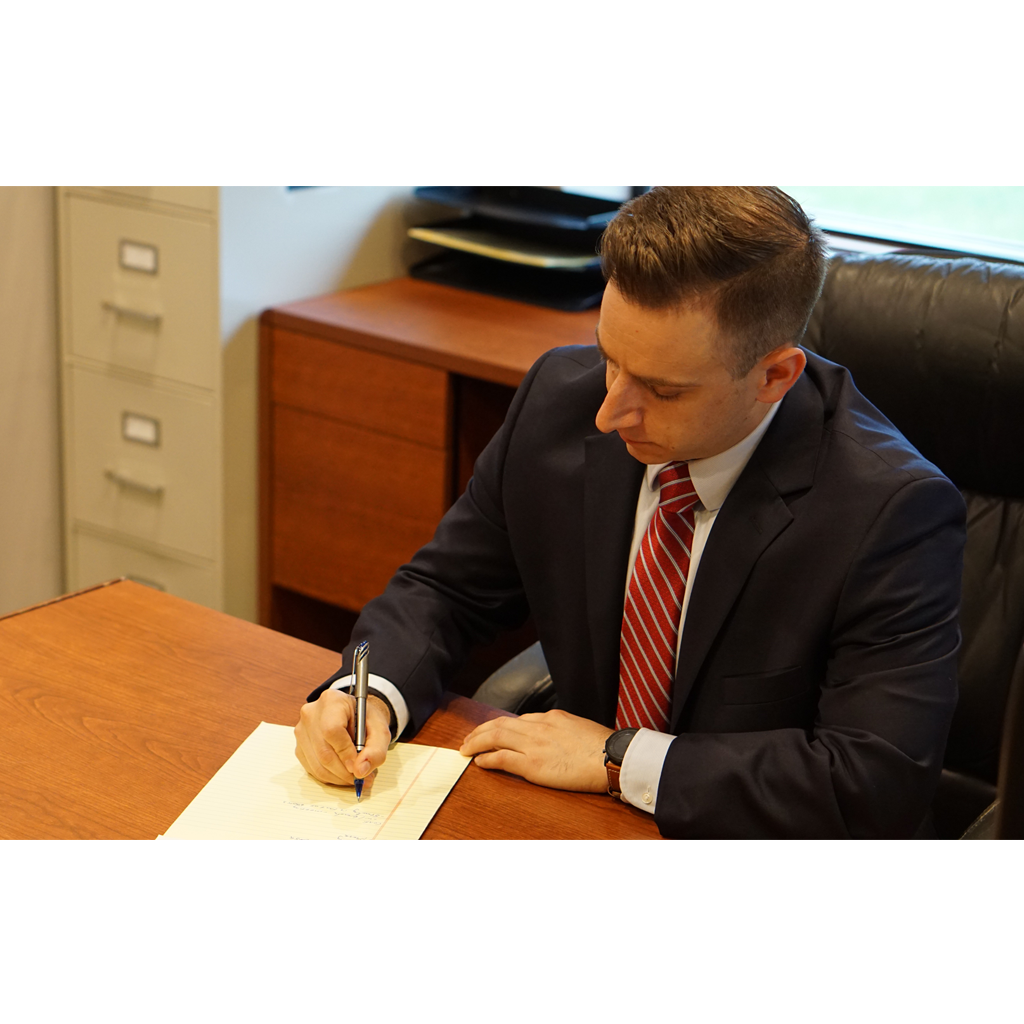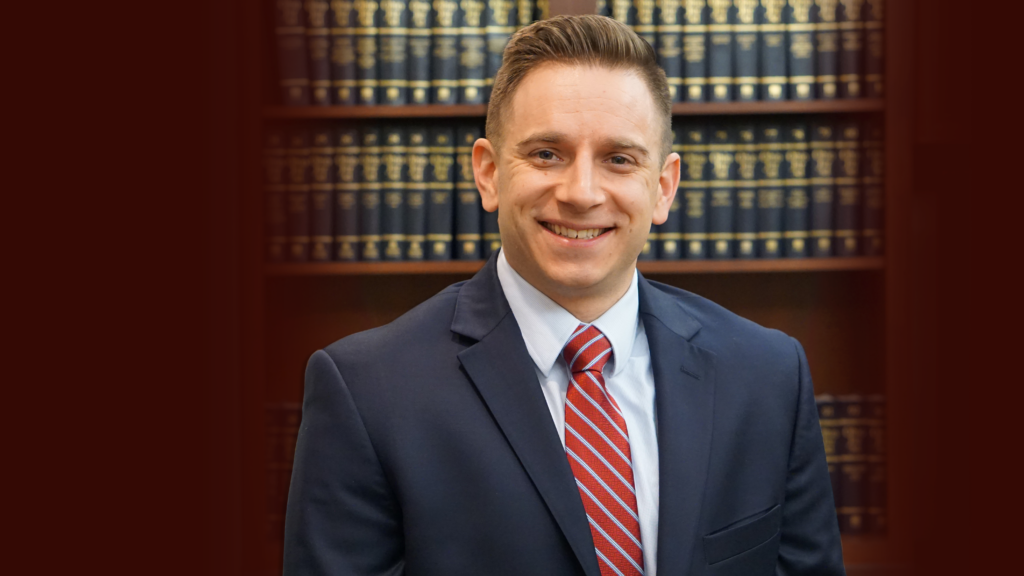Probate Administration in Cincinnati, Ohio
Chris helps families with Probate Administration in Hamilton, Butler, Clermont, and Warren Counties.
What is Probate Administration?
Probate Administration is the process of transferring assets from a deceased person’s estate to their heirs in the next generation or their named beneficiaries in their Will if they left one. The Probate process includes appointing a fiduciary to administer the estate, collecting the estate assets, addressing creditor claims, and paying expenses of administration, which include court costs, filing fees, and attorneys’ fees, before distributing the assets to beneficiaries.
Probate Administration comes with specific laws and local Court rules which must be followed in the process. It is important to hire an attorney with Probate experience in your specific County.
In Ohio, there are three different administrative procedures that may be used to transfer probate assets through the Probate Court.

- Summary Release From Administration – The least complicated form of administration and no notice is required to be given to next of kin, beneficiaries or creditors. However, it is only available in two situations:
- The applicant is a surviving spouse, the probate assets do not exceed a value $45,000 , and the spouse is entitled to 100% of the family allowance and the funeral bill has been pre-paid or the surviving spouse is obligated to pay the funeral bill.
- A non-spouse applicant who paid the funeral bill can be reimbursed for the funeral expenses or $5,000, whichever is less.
- Relief from Administration – This process is slightly more complex than a summary release, but involves significantly less paperwork than a full administration. The decedent’s next of kin, beneficiaries, and creditors must be given notice of the proceeding, but an inventory and final account is not required. This process is also only available in certain situations:
- No surviving spouse (or the surviving spouse is not entitled to all assets) and the assets are $35,000 or less.
- There is a surviving spouse who is entitled to all the assets and the assets are $100,000 or less.
- Full Administration – A Full Estate Administration is the most complicated of the three administrative processes. It is also the only one of the three procedures without a limit on the amount of probate assets that can be transferred. It is the only option available for large estates. The aid of an attorney with knowledge of probate court procedures is often very helpful for this type of case.
Filing documents to open the estate. This includes a list of next of kin of the deceased and beneficiaries under the will (if applicable). The original will must be presented to the Court with an application to admit the will to probate.
Appointment of an administrator (no will or no fiduciary is appointed in the will) or an executor (fiduciary appointed in a will). An administrator and executor are fiduciaries appointed by and accountable to the Probate Court. Executors and administrators have authority to collect and disburse probate assets, pay claims and file tax returns.
The executor or administrator must collect all probate assets and file an inventory of the probate assets which must be set for a hearing and approved by the Court.
If necessary, the executor or administrator files an estate tax return, pays any applicable estate taxes, deals with claims and pays debts of the estate prior to making final distribution of the remaining probate assets.
The Executor or Administrator must distribute the net probate assets to the heirs and beneficiaries of the deceased
A final account must be filed which verifies the disbursement of the assets.

How Chris Approaches Probate Administration
Chris knows the strife and chaos that can sometimes follow in the wake of a loved one’s passing. Chris protects his client’s interests by taking a detail-oriented, thorough approach to Probate Administration.
